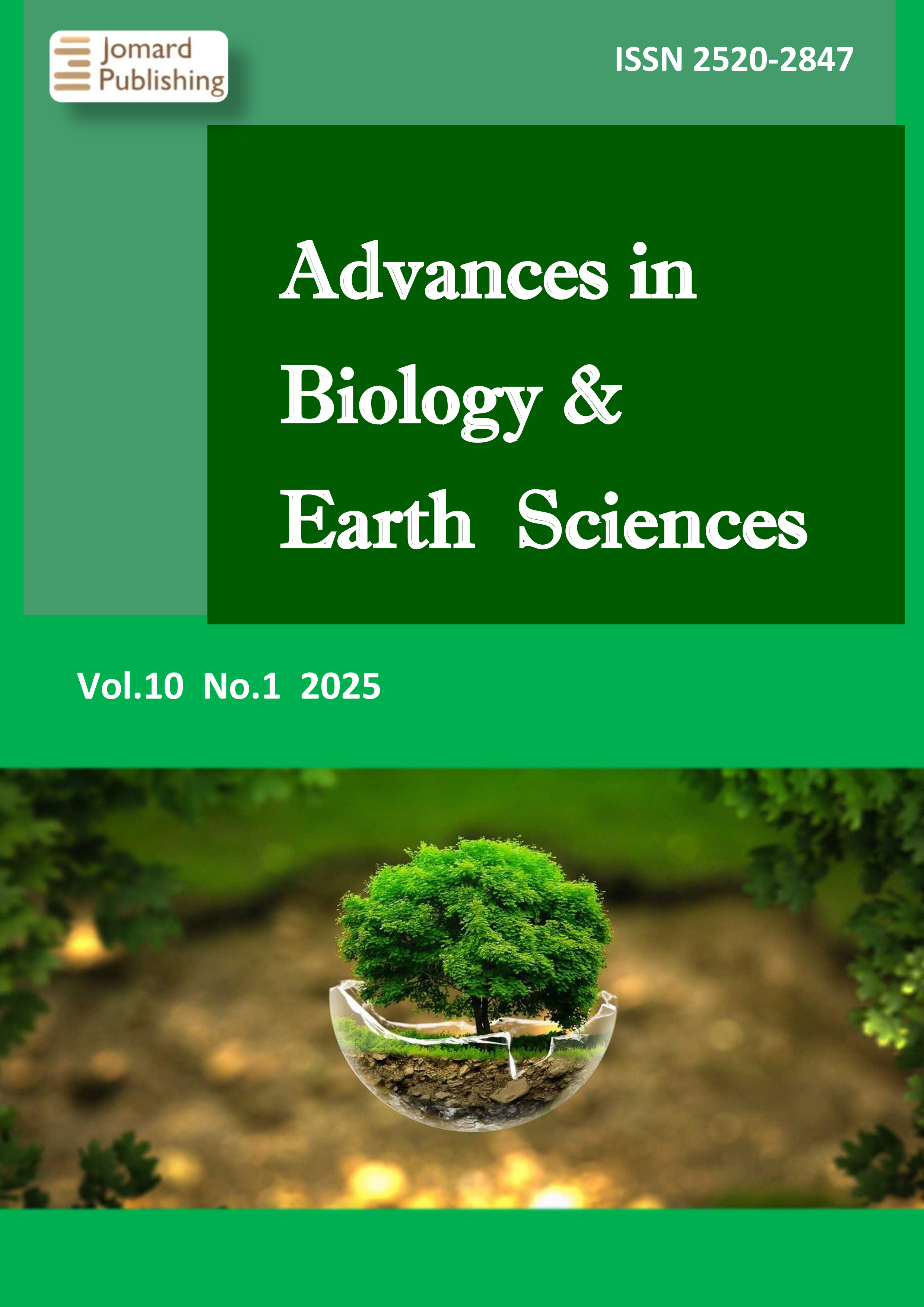Auxins as Regulators of Growth and Development of Cereal Crops under Abiotic Stresses: A Review
- Published: 15-04-2025
Share
Global climate change and population growth are driving a significant increase in the demand for food products. In response, there is a growing focus on cereal plants, particularly in identifying ways to enhance their resilience and productivity. Phytohormones are key endogenous regulators of plant physiological and metabolic processes under both normal and stressful conditions. They are effectively employed in new biotechnological approaches aimed at improving and directing plant productivity. Auxins, in particular, are natural hormones that play a crucial role in regulating plant growth and development across various environmental conditions. Auxin homeostasis and function are closely tied to its biosynthesis, degradation, transport and the formation of hormone conjugates. The aim of this revew is to analyze and summarize recent scientific findings on the role of auxins in regulating growth, development and adaptation of cereals to abiotic stresses. This review provides essential information on auxin biosynthesis, signaling, transport and functional activity. It also summarizes findings on auxin interactions with other phytohormones, such as cytokinin, abscisic acid, salicylic acid and gibberellins. The role of auxins in adapting cereals to drought, salinity, temperature extremes and heavy metal pollution is highlighted. Special attention is given to new biotechnological strategies for enhancing stress tolerance and yield, such as the use of exogenous auxins for pre-sowing seed priming and foliar treatments in cereals.
- View 961
- Downloads 180
- Saveds 0
- Citations (Crossref) 0


